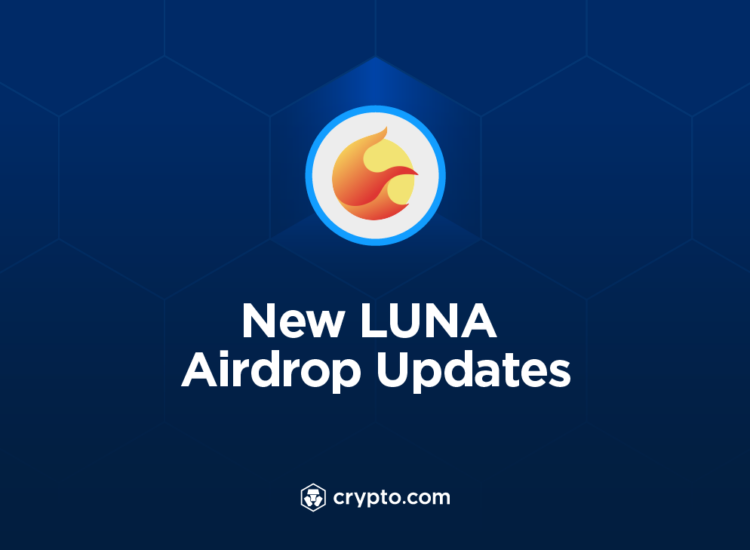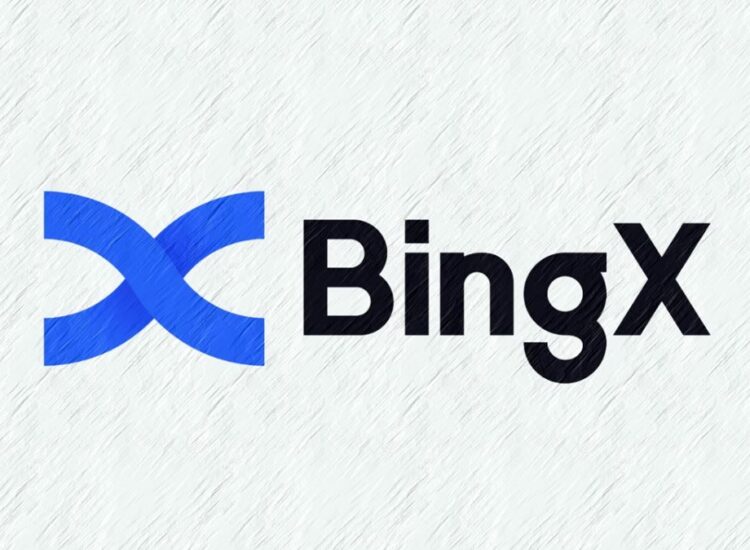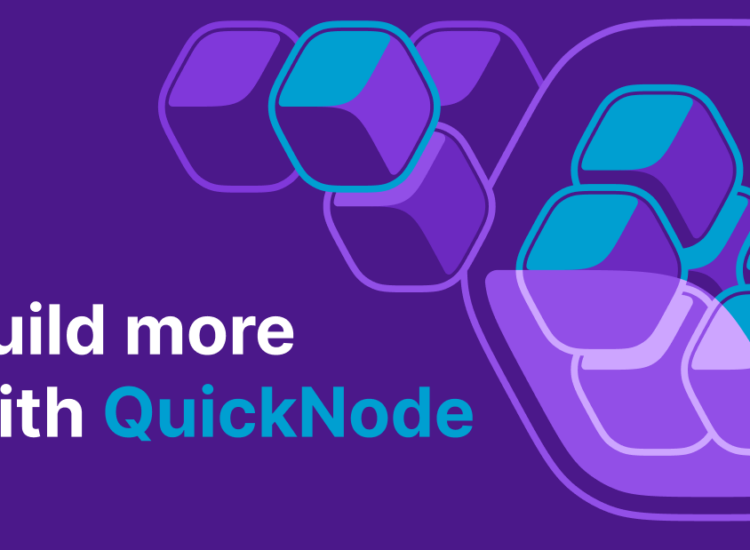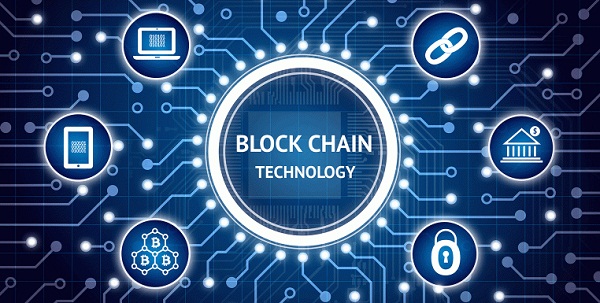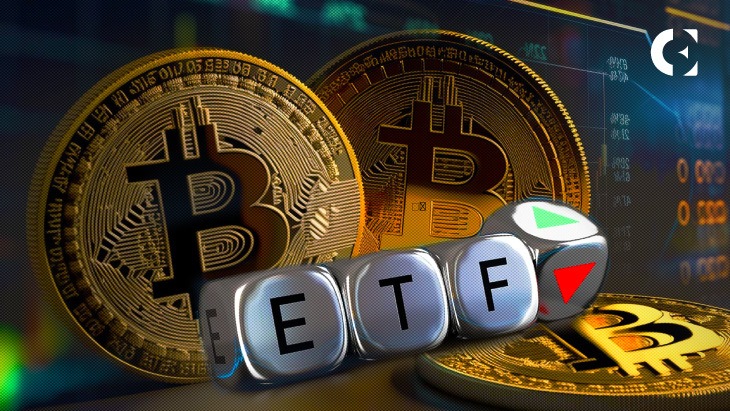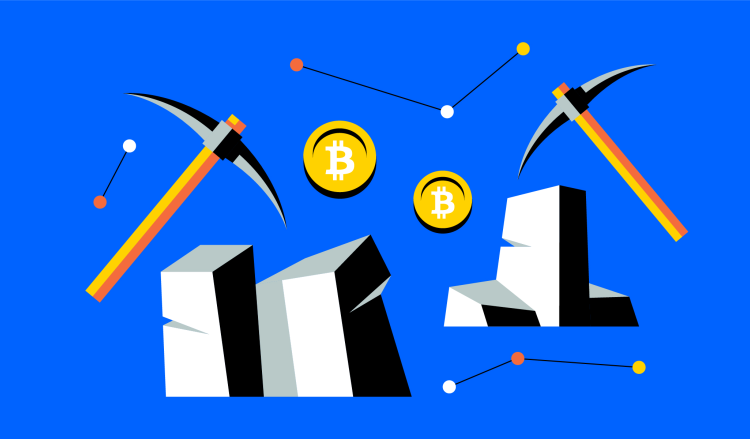Blockchain technology is a rapidly growing industry that has been disrupting traditional businesses and changing the way we think about financial transactions. With its decentralized network, immutable ledger, and smart contract capabilities, blockchain has been gaining popularity in various industries including finance, healthcare, supply chain management, and more.
Toc
As this technology continues to expand, the demand for skilled blockchain developers has also increased. In this guide, we will take a deeper look into the world of blockchain developers – their roles, skills required, job opportunities, and how you can become one.
Introduction to Blockchain and its Growth
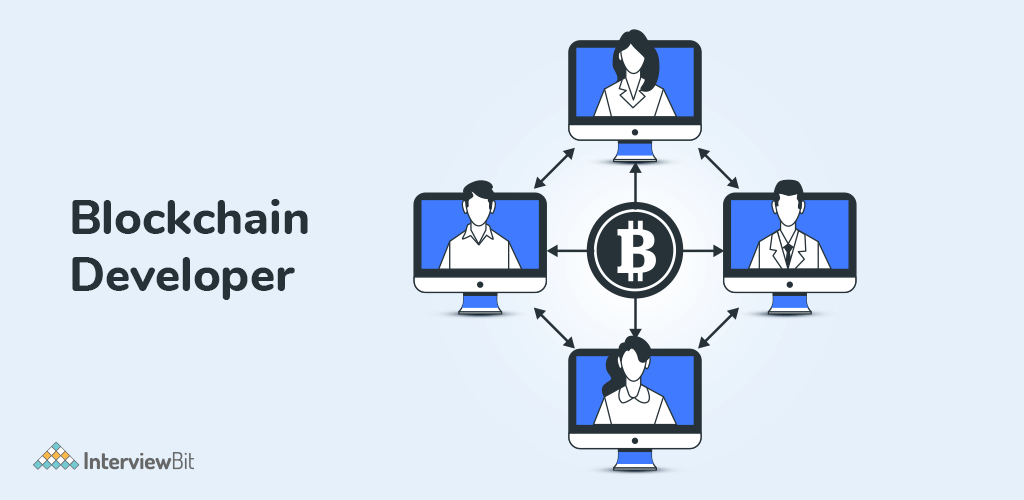
With the advent of blockchain technology, the world has witnessed a paradigm shift in how digital transactions and data are managed securely. Blockchain’s decentralized nature ensures transparency, security, and immutability, making it a revolutionary force in various industries. From financial services to supply chain management, blockchain’s applications are vast and continually expanding. At the heart of this transformation are blockchain developers, the architects behind the innovative applications and systems that leverage the power of blockchain.
Who is a Blockchain Developer?
A blockchain developer is a specialized software developer who focuses on creating and implementing blockchain-based solutions. These professionals work with various blockchain technologies, such as Ethereum, Bitcoin, and Hyperledger, to build decentralized applications (dApps), smart contracts, and other blockchain-based systems. Their expertise lies in understanding the intricacies of blockchain protocols, cryptographic methods, and consensus algorithms, enabling them to develop secure and efficient blockchain networks.
The Role of Blockchain Developers in the Tech Industry
Blockchain developers play a crucial role in the tech industry by:
- Designing Blockchain Architecture: Developing the foundational structure of blockchain systems, ensuring they are scalable, secure, and efficient.
- Creating Smart Contracts: Writing self-executing contracts with the terms of the agreement directly written into code, which automatically executes when conditions are met.
- Developing Decentralized Applications (dApps): Building applications that run on blockchain technology, offering enhanced security and transparency compared to traditional apps.
- Maintaining Blockchain Networks: Ensuring the stability, security, and performance of blockchain networks by performing regular updates and troubleshooting issues.
Market Demands of Blockchain Developers
The market demand for blockchain developers has surged in recent years due to the increasing adoption of blockchain technology across various sectors. Companies in finance, healthcare, logistics, and even entertainment are seeking professionals skilled in blockchain to innovate and enhance their operations. According to several industry reports, the demand for blockchain developers far outpaces the supply, creating lucrative job opportunities for those skilled in this domain.
Key factors driving the demand include:
- Digital Transformation: Enterprises are increasingly looking to digitalize their operations, and blockchain’s transparent, secure, and efficient nature makes it a prime candidate for such transformation.
- Cryptocurrencies and DeFi: The rise of cryptocurrencies and decentralized finance (DeFi) platforms has created a substantial need for experts who can navigate and build within blockchain ecosystems.
- Enhanced Security Needs: With cyber-attacks becoming more sophisticated, the need for secure systems is paramount. Blockchain’s inherent immutability and cryptographic security are becoming highly desirable.
- Regulatory Compliance: Governments and regulatory bodies are recognizing the potential of blockchain for improving transparency and traceability, driving demand for compliant blockchain solutions.
Essential Skills for Becoming a Blockchain Developer
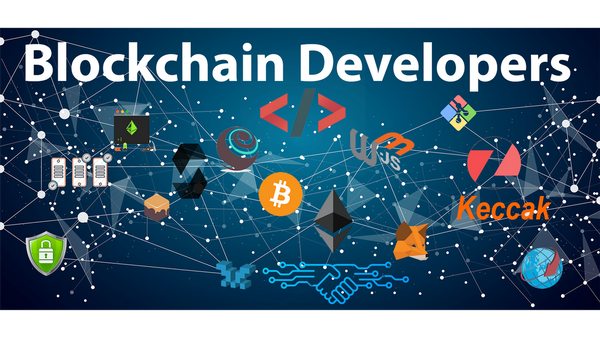
To become a successful blockchain developer, one needs to possess a unique combination of technical and non-technical skills.
Technical Skills
- Programming languages (like Solidity, Java, Python): Blockchain developers must have a strong understanding of coding languages used with different blockchain platforms.
- Smart contract development: As smart contracts play a vital role in blockchain applications, knowledge of writing secure and efficient code is essential.
- Blockchain protocols and architectures: A thorough understanding of different blockchain protocols and architectures is crucial to design and develop scalable and secure blockchain systems.
- Distributed ledger technology (DLT): Knowledge of DLT concepts, such as consensus algorithms, cryptography, and peer-to-peer networks, is essential for building decentralized applications.
Non-Technical Skills
- Analytical thinking: Blockchain developers must have excellent analytical skills to understand complex problems and come up with effective solutions.
- Attention to detail: With the high level of security required in blockchain development, a keen eye for detail is crucial in writing error-free code.
- Teamwork: As blockchain development often involves working with a team, strong teamwork and communication skills are necessary for successful project completion.
- Continuous learning: With the rapid evolution of blockchain technology, developers must be open to continuous learning and upskilling to stay ahead.
How to Become a Blockchain Developer
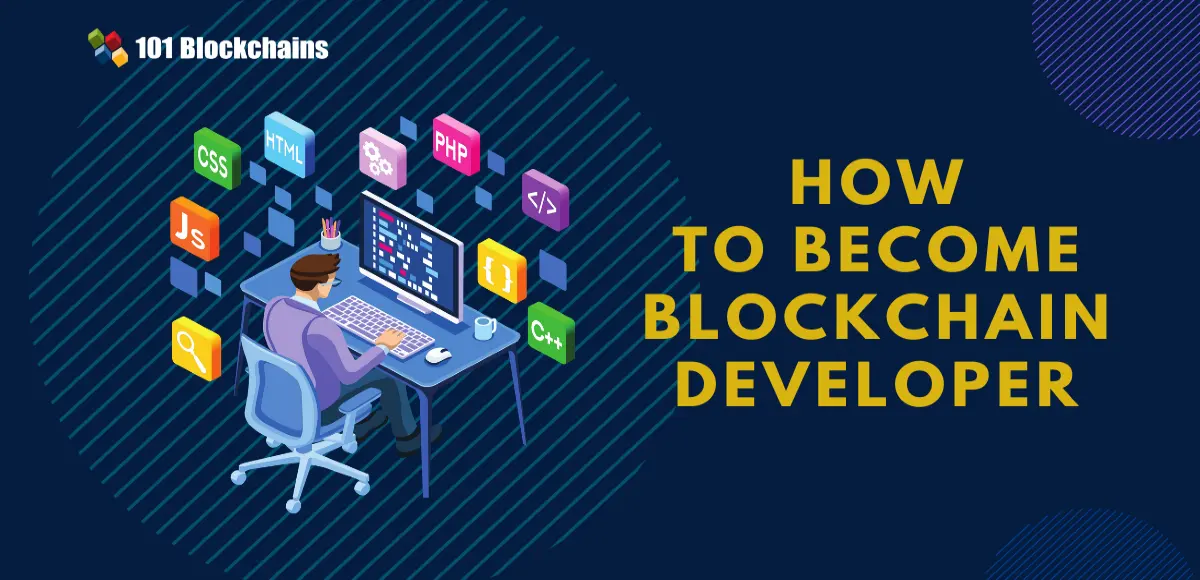
To embark on the journey of becoming a blockchain developer, aspiring individuals need to follow a series of structured steps which not only equip them with the necessary skills but also provide practical experience in the field.
Educational Foundation
While not always mandatory, a strong educational background in computer science, information technology, or a related field can provide a solid foundation for aspiring blockchain developers. Courses typically cover essential areas such as programming, data structures, algorithms, and systems design which are all fundamental to understanding blockchain development.
Learning the Basics of Blockchain Technology
Understanding the fundamentals of blockchain technology is the next critical step. This includes familiarizing yourself with how blockchain works, its components, and its various applications across different sectors. There are numerous online resources, courses, and textbooks available that cover these foundational topics comprehensively.
Hands-On Experience
Practical experience is invaluable in the journey to becoming a blockchain developer. Aspiring developers should engage with various blockchain platforms such as Ethereum, Bitcoin, and Hyperledger to understand their unique characteristics and use cases. Building simple projects like creating your own cryptocurrency or developing a basic decentralized application (dApp) can provide hands-on experience.
Mastering Blockchain Development Tools and Languages
Different blockchain platforms often require knowledge of specific programming languages and tools. For example, Solidity is essential for Ethereum-based projects, while familiarity with Java and Go can be beneficial for Hyperledger. Additionally, tools like Truffle, Ganache, and Remix are commonly used in blockchain development and are worth exploring.
Joining a Blockchain Community
Being part of a vibrant and active blockchain community can significantly enhance your learning experience. Communities such as GitHub, Stack Exchange, and various blockchain forums provide opportunities to engage with other developers, share knowledge, collaborate on projects, and stay updated with the latest trends and developments in blockchain technology.
Gaining Certifications
Earning certifications from recognized institutions or platforms can bolster your credentials and signal to potential employers your expertise in blockchain technology. Certifications such as the Certified Blockchain Developer (CBD) or courses offered by institutions like IBM, ConsenSys, and Coursera can be valuable additions to your resume.
Building a Portfolio
Creating a portfolio of your work is essential to showcase your skills to potential employers. This portfolio can include code samples, projects you’ve worked on, contributions to open-source projects, and any other relevant work. A well-documented GitHub repository can serve as an excellent portfolio.
Applying for Jobs and Internships
With the knowledge, skills, and a strong portfolio in place, the next step is to start applying for jobs or internships in blockchain development. This real-world experience is crucial for further honing your skills and understanding the practical applications of blockchain technology.
By following these steps and staying committed to continuous learning and development, aspiring individuals can successfully transition into the role of a blockchain developer and contribute to the innovative and rapidly evolving world of blockchain technology.
The Future of Blockchain Development

The future of blockchain development holds immense potential as this innovative technology continues to evolve and mature. Several trends are poised to shape the landscape of blockchain in the coming years, presenting new opportunities and challenges for developers.
Interoperability
One of the critical advancements in the blockchain space is the development of interoperability solutions. As more blockchain platforms emerge, the need for seamless communication and interaction between different blockchains becomes essential. Interoperability protocols and cross-chain solutions will enable assets and data to be transferred securely and efficiently across various networks, fostering a more interconnected and versatile blockchain ecosystem.
Scalability
Scalability remains a significant challenge for blockchain networks, particularly in achieving high transaction throughput without compromising security and decentralization. Ongoing research and development efforts are focused on addressing scalability through innovations like sharding, layer-2 solutions, and improved consensus algorithms. These advancements aim to enhance the performance of blockchain networks, making them capable of supporting a growing number of users and applications.
Enterprise Adoption
As blockchain technology matures, its adoption by enterprises is expected to increase significantly. Businesses across various industries are exploring blockchain for its potential to enhance transparency, security, and efficiency in supply chain management, finance, healthcare, and more. Blockchain developers will play a crucial role in creating and implementing enterprise-grade solutions that meet the specific needs and regulatory requirements of different sectors.
Decentralized Finance (DeFi)
Decentralized finance continues to be one of the most dynamic and rapidly growing segments within the blockchain space. DeFi platforms leverage blockchain technology to offer financial services such as lending, borrowing, trading, and asset management without relying on traditional intermediaries. As DeFi evolves, developers will be at the forefront of creating more user-friendly, secure, and innovative financial products.
Regulation and Compliance
As blockchain technology becomes more prevalent, regulatory frameworks are likely to evolve to address the unique challenges and risks associated with decentralized systems. Blockchain developers must stay informed about regulatory changes and design solutions that comply with legal requirements while maintaining the core principles of decentralization and user autonomy.
Enhanced Security
Security remains a paramount concern in blockchain development, given the irreversible nature of blockchain transactions. The future will likely see continuous improvements in cryptographic techniques, smart contract auditing, and secure coding practices to mitigate the risks of vulnerabilities and attacks. Developers will need to prioritize security at every stage of development to build trustworthy and robust blockchain applications.
Integration with Emerging Technologies
Blockchain is expected to increasingly integrate with other emerging technologies such as artificial intelligence (AI), the Internet of Things (IoT), and edge computing. These integrations can unlock new use cases and enhance the capabilities of blockchain applications. For example, AI can be used to optimize smart contracts, while IoT can benefit from blockchain’s secure and transparent data management.
The future of blockchain development is undoubtedly exciting, with numerous possibilities and challenges on the horizon. Developers who stay updated with the latest trends, continuously hone their skills, and adapt to the evolving landscape will be well-positioned to capitalize on the opportunities presented by this groundbreaking technology.
Benefits of Being a Blockchain Developer
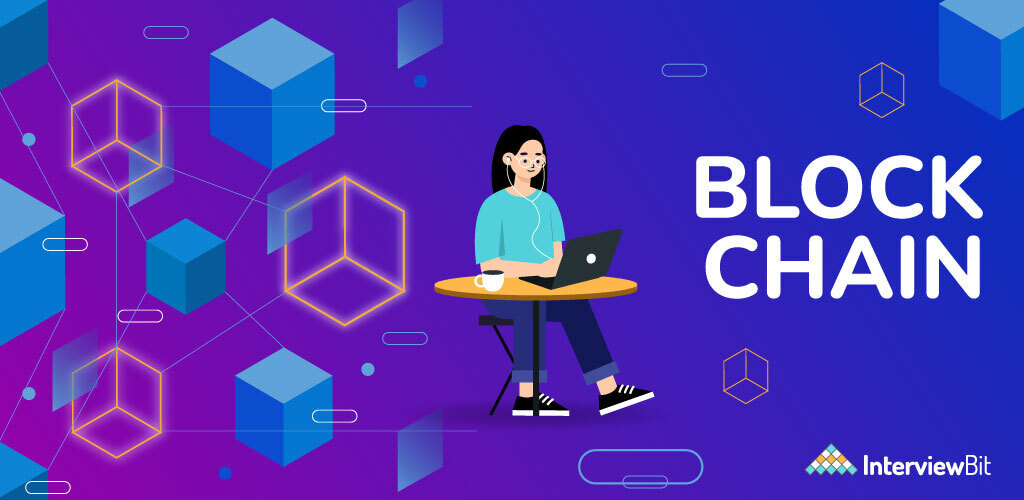
Becoming a blockchain developer offers a wide range of benefits, both professionally and personally. As one of the most cutting-edge fields in technology today, blockchain development presents unique opportunities for growth, innovation, and career advancement.
High Demand and Job Security
The demand for skilled blockchain developers is on the rise as enterprises, financial institutions, and startups all seek to leverage blockchain technology for various applications. This high demand translates to job security and ample opportunities for career progression, making it an attractive field for technology professionals.
Competitive Salaries
Blockchain developers are among the highest-paid professionals in the tech industry. Given the specialised nature of the skills and the complexity of blockchain projects, companies are willing to offer competitive salaries to attract and retain top talent. Additionally, the potential for bonuses and stock options in blockchain startups can further enhance the financial rewards.
Innovation and Impact
Blockchain technology is pioneering a new era of decentralised systems and trustless transactions. As a blockchain developer, you have the opportunity to work on innovative projects that push the boundaries of what is possible. Your work can have a significant impact on industries such as finance, healthcare, supply chain, and more, contributing to greater transparency, security, and efficiency.
Global Opportunities
Blockchain development is not confined to any one region or country. The decentralised nature of blockchain technology means that skilled developers can find opportunities across the globe. Whether you prefer to work remotely or relocate to a tech hub, the possibilities are vast, providing flexibility and a multicultural work experience.
Continuous Learning and Growth
The field of blockchain development is continuously evolving, presenting endless opportunities for learning and professional growth. Developers must stay updated with the latest advancements, protocols, and frameworks, which can be intellectually stimulating and rewarding. Engaging with the blockchain community through conferences, meetups, and online forums also offers valuable networking opportunities.
Empowerment and Independence
Blockchain developers often have the chance to work on projects that empower individuals and promote decentralisation. This can be incredibly fulfilling, as you contribute to creating systems that reduce dependency on central authorities and enable peer-to-peer transactions. The ethos of blockchain aligns with principles of autonomy, privacy, and inclusivity, providing a sense of purpose and motivation for many developers.
Conclusion
In conclusion, the journey to becoming a proficient blockchain developer is a continuous process of learning and adaptation. As the blockchain ecosystem evolves with new trends and technological advancements, developers must remain agile and proactive in updating their skills and knowledge. By building a strong foundation in blockchain fundamentals, gaining hands-on experience through projects and internships, and staying abreast of the latest industry developments, aspiring blockchain developers can position themselves at the forefront of this transformative field. The opportunities in blockchain development are vast, and with dedication and perseverance, developers can contribute significantly to the innovative applications and solutions that drive the future of blockchain technology.
